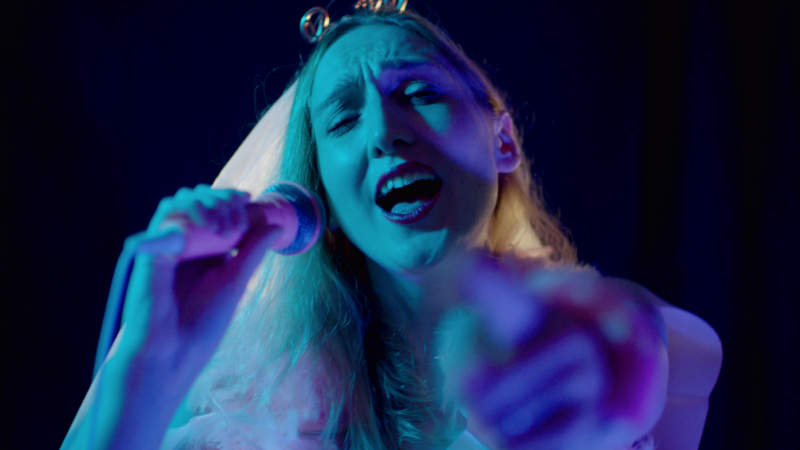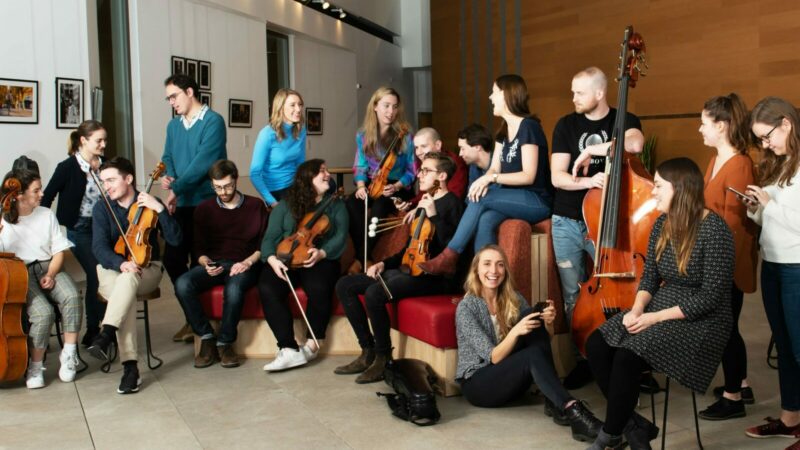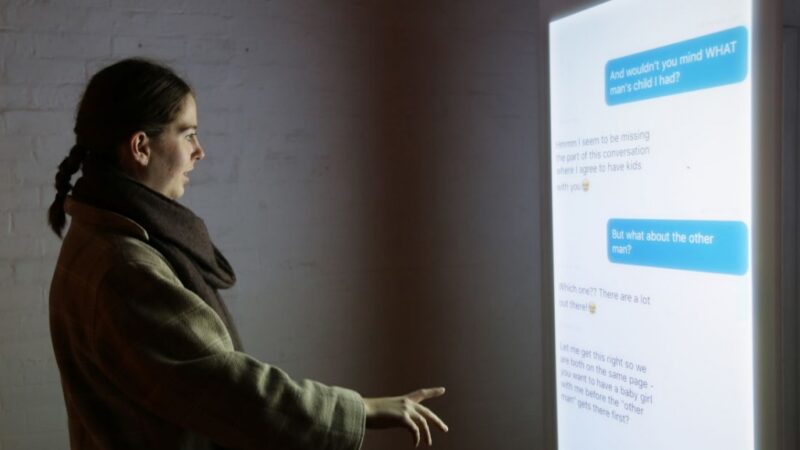Phoenix Dance Theatre’s Windrush: Movement of the People, choreographed by the company’s artistic director Sharon Watson, was broadcast on the BBC in February 2019. Here, the company’s Executive Director, Mark Hollander, offers his advice on capturing and distributing arts related content.
-
Give a senior staffer responsibility for clearing the necessary rights
To get a project like this over the line, you need someone senior from within your organisation/production to take charge of it. This person needs to have a laser focus on rights issues: negotiating and clearing them. They also need to be senior enough that they can take the decisions required, to mitigate financial risk.
-
Get the expert advice you need
If this is your first experience of capturing work for TV/cinema/online, be aware that often you don’t know what you don’t know until a specialist flags it up to you.
It can be bewildering at first – for me, just trying to work out and understand the differences between the contracts sent to me by the various agents and companies alone was challenging. The help that we were given by The Space was enormously helpful and I would strongly advise companies that are in our position to seek help.
-
Allow more time than you think you will need for negotiating and clearing rights – and build in time for things to go wrong
Negotiating contracts with everyone from our cast to music publishers took a long time. There was a lot of to-ing and fro-ing and everyone had their own (different) set of questions along the way. If I was doing it again, I would start the process of clearing and licensing earlier and make everyone involved aware that it was going to take time to get everything ironed out.
In particular, get as much of a headstart as you can on music which is notoriously difficult to license. We had to substitute some pieces in Windrush that proved impossible to clear – in the end, we had to get some replacement library tracks and commission a composer who we often work with to reversion them into what we needed. This was only possible because we (just) had enough time, but it went all the way down to the wire.
-
Do your homework on costs
There can be is an assumption by creatives that broadcasting means money. This is often not the case, and it’s important you are clear about this upfront.
You need to check what your financial obligations are to your cast and creative team. Depending how the filmed piece is commissioned or funded, there are different requirements and it may also depend what union contracts (or not) your cast and creative team are on. These factors will determine whether you have a financial obligation to the cast and creatives in order to film the piece.
At Phoenix Dance Theatre, because of the salaried and non-unionised nature of our contracts, we did not have a financial obligation. Nevertheless, we wanted and did make a payment to the cast and creative team as a goodwill gesture and came to an understanding that if the filmed version resulted in a substantial financial income (above and beyond its own costs) we would re-negotiate with the cast and creative team. This arrangement was a mutually agreeable approach to managing and affording the licensing and to get the project moving.
Be aware that you may also have to navigate some internal politics in terms of payments. We had expected to pay everyone whose faces or creative work appeared on screen but additional company staff members put forward their case for a payment for their work on the show which needed handling sensitively.
-
Know what’s in your production, down to the tiniest detail
Think of everything that is going to be seen or heard on screen – if it’s a copyright creation or performance, it’s going to have to be cleared. In Windrush, we were asked about the origins and clearance status of everything from a sound effect of a baby crying (who was that baby and what use had their cries been licensed for) to photographs that were used as props. Leave no stone unturned.
-
Have confidence that you will find a solution
As you know as a producer of live work, things change at the last minute. Be prepared to be flexible and alive to potential B plans during your preparations. Be confident in your team that you will find a work-around if needed – and you will!
How useful was this resource?




